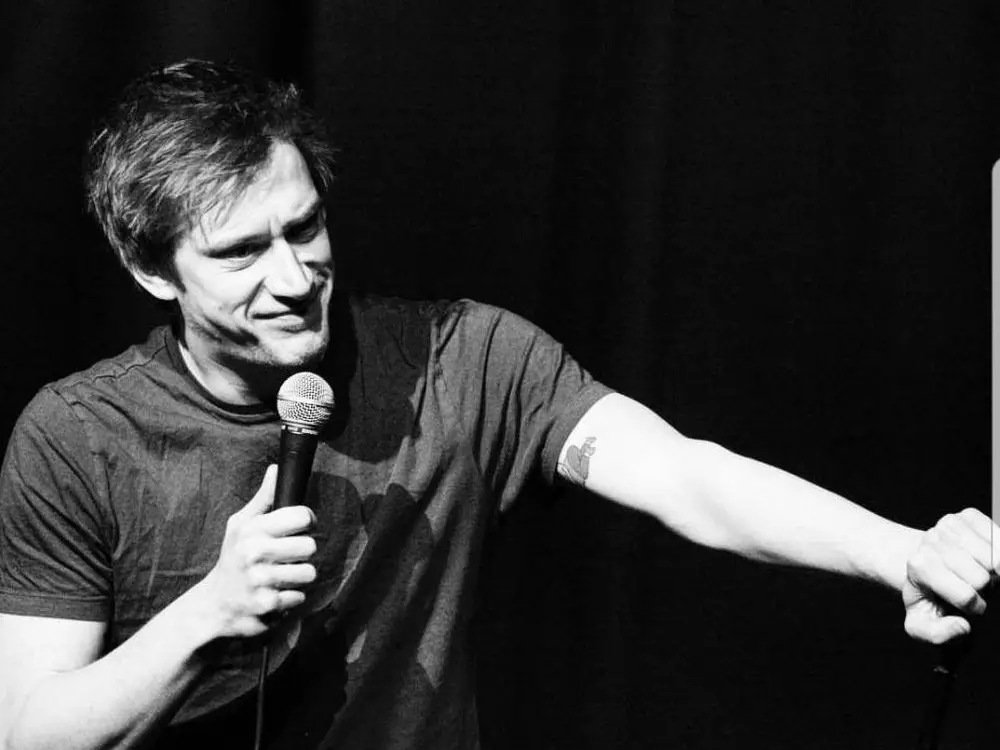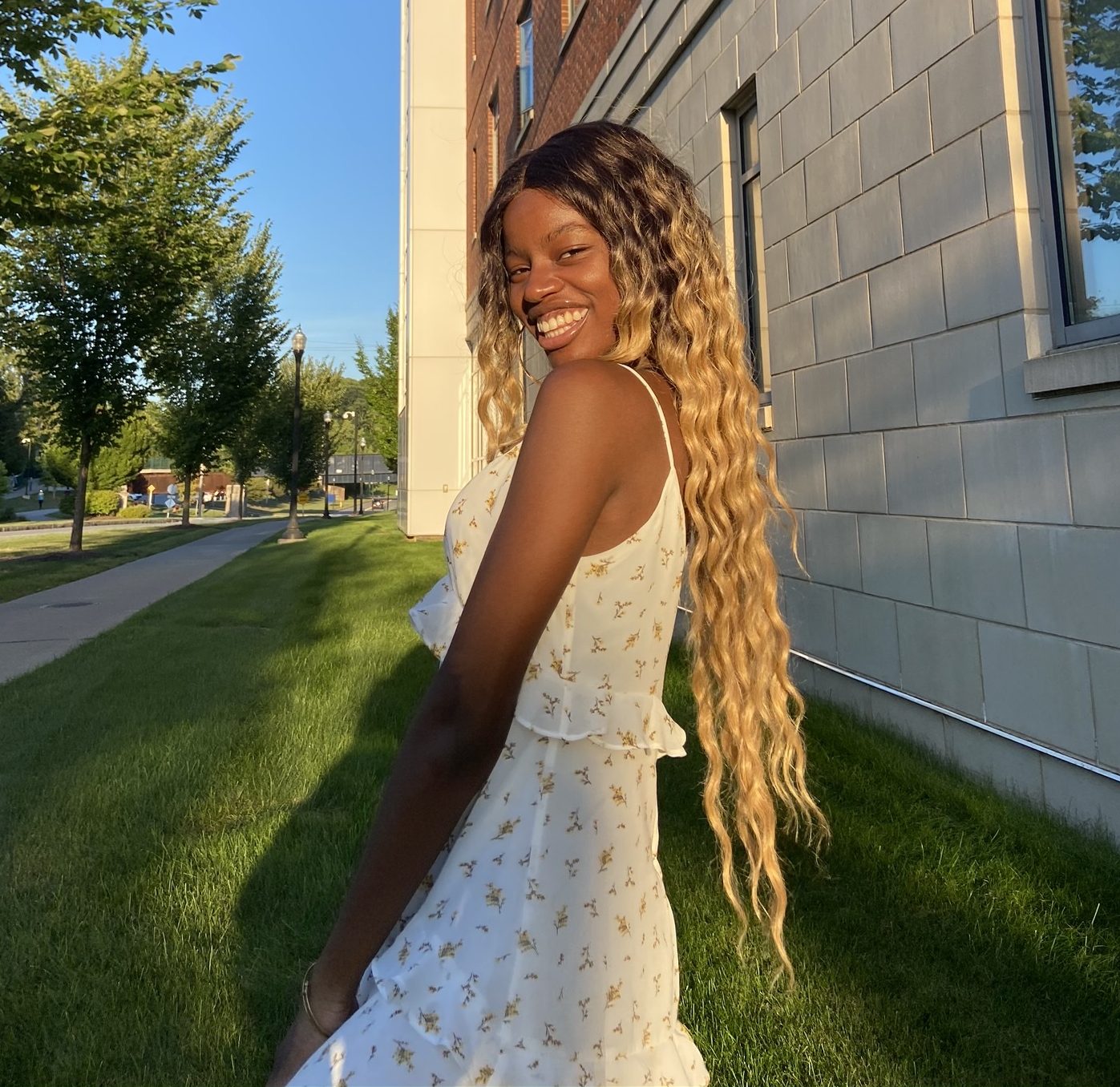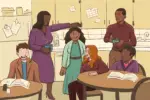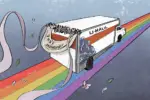With Valentine’s Day fizzling to an end, will our relationships last? With a jigsaw analogy for the perfect relationship and a few jokes on dark humor (using dark humor), comedian Daniel Sloss introduces a new way of looking at comedy and why we should learn how to lighten up when faced with some epic tragedies or hard truths.
This review contains some spoilers.
With Darkness Comes Light
Dark humor isn’t for everyone, and according to Daniel Sloss, he doesn’t actually consider his humor all that dark. Though, I’d say that’s debatable. When dealing with dark humor one must remember two things: first, it’s just a joke and, second, never assume malicious intent. Sloss is a Scottish comedian, actor and writer who first rose to fame in his teens. His Netflix TV show, “Daniel Sloss Live Shows,” put out its first episode, “Dark,” in 2018 and then followed up a year later with “Jigsaw.” In each episode he tells us stories and jokes about his life and about others all the while explaining why dark humor is allowed, and why it’s okay to laugh at dark albeit funny jokes. As long as they’re done well.
Sloss is not the first to claim that he has a dark sense of humor, but he makes the distinction that his job is not to offend people nor does he want to offend people. He wants to make people laugh and sometimes not all of his jokes are funny, either because of a difference of opinion or maybe because they just weren’t told in the right way. But for dark humor, he explains, if you’ve chosen to be uncomfortable about certain things for certain groups of people then “you’ve chosen to be offended on behalf of people who you think are weaker than you and nobody asked you to do that” — which he says when talking about his sister who had cerebral palsy.
It reaffirms that you also just need to know how to be on the right side of the joke. You’re not laughing at them but rather the situation that they’re in (even if that situation includes the struggles that come with certain identities); you’re laughing with them even if they’re not there. Sloss jokes about his mother being an alcoholic; she’s not, but granted, he’s making jokes about people outside of his personal life. Though it’s easy to assume — especially as he acknowledges that he’s not a man whose identity adds to his life hardships — he tells us that we take away the opportunity for groups of people to laugh at themselves because we feel indignant on their behalf.
Now that’s not to say that there are those out there who don’t make malicious jokes at others’ expense and think it’s funny. But as someone speaking to an adult audience and emotionally intelligent beings, he’s making the point to say: You understand why this is wrong, but you also see why this is true and perhaps it sucks but we can laugh at this terrible situation.
However, context always matters along with the structure of the joke. 2020 was a hard year and people really need a good laugh as we trudge through 2021, but to help prevent ourselves from spiraling in the doom and gloom of our current circumstances, the best thing to do is to make a joke of it. It’s not for everyone but it’s a great way to expel negative energy and pent-up emotion. When talking about the death of his sister he makes the point to note: “Laughter is not the opposite of sadness. Happiness is. Laughter is a reaction and can exist in both spaces.” And it should be allowed to. Though I’m dark humor biased, I am a romantic. Despite this, I found some of Sloss’ darker (but truthful) jokes on romantic relationships to be quite hilarious and accurate.
We’re All Trying To Find Our Inner Piece
Having an evil thought doesn’t make you evil, but acting on it does. I would say many would agree with this logic. Until Sloss says that his evil thought is hoping that his partner dies so he wouldn’t have to bear the burden of leaving the relationship. Now I would argue that this joke can also be used to explain dark humor — the jokes are a little twisted but not technically wrong and maybe that’s what makes it so taboo. Either way, he also manages to back his jokes up with facts and context. He creates a valid scientific argument for why it would be better for the world if we all went vegan (before proceeding to make a joke about vegans) — while in the same breath he questions why certain groups of people with certain beliefs can turn hateful toward others and why that’s worse than having beliefs that he simply doesn’t agree with. And then that’s the true punchline.
To preface why the audience is allowed to laugh at his sadistic humor, he says, “If you’re offended by one joke, be offended by the others; don’t pick and choose what’s offensive based on whether it affects your life or not.” It truly allows us to view comedy (or at least his comedy) through an unbiased lens. Either we think he’s funny or not, there’s no in-between and if we’re offended then why are we offended — was he truly offensive, or is it due to our personal biases? He also puts into perspective how a comedian is a performer and comedy is an art. If you’re truly offended by the joke it might simply be that it wasn’t interpreted well, either because of the comedian or the audience.
That’s not to say intent doesn’t matter, or that the portrayal of the content wasn’t wrong, but it also gives flexibility to the audience to objectively say that as people taking in this artistic performance that they also could have just missed the point. Like when you try to interpret art at the museum. Which is how he segues into his talk about relationships. We are intentional in the way we live our lives — under this idea that it must be this one way forever — and via the media, society has programmed us to believe that to be happy that we need romantic love or a partner in order to fill our “jigsaw puzzle.”
He explains it like this: The four key things that make up our lives are hobbies, family, friends and job. Sometimes we have more puzzle pieces in the “hobbies” category than the “job” category that make us happy; sometimes it’s more pieces in “friends” than “hobbies.” As these outer corner categories of the puzzle get placed on the table, we are then supposed to fill up that middle part with something. Sloss’ dad told him it was a partner, but Sloss tells us it’s happiness — his dad is just lucky enough that his mother and happiness come as the same puzzle piece. But to think that that’s the way it must be for everyone or that it should be, otherwise you’ve failed at life, is the reason why so many relationships fail and 50% of marriages end in divorce.
And because we’re programmed with this thinking, we find the first person who maybe loves us 10% more than we love ourselves at the ripe old age of 25 (or 26 in his case) and call it true love — instead of taking the time to love ourselves to 100% so that the person we want to spend the rest of our lives with will truly have to prove that they can love all parts of us. Because then you’ll love all parts of you and you know all parts of you. You won’t settle or rearrange jigsaw pieces in your other four corners to make room for this person that clearly does not fit into your puzzle. And they shouldn’t have to because they spent as much time working on themselves as you did on yourself.
He does take time to explain that he doesn’t hate love; he’s actually a romantic and wants to get married and have kids someday. His intent also isn’t to break up true love, and he honestly thinks he shouldn’t be able to if it’s truly meant to be. But you shouldn’t have to move things out of the way in your own life for someone else. The problem is, not only are we told that we shouldn’t be alone, but we’re told that we shouldn’t want to be — and if we are, we’re failures at life, when in actuality, none of us really even know “the proper way to live,” so who’s to give any advice?
The moral of the story is, no one is a jigsaw piece; we’re all multifaceted and time doesn’t mean success with a person. You shouldn’t allow how long you’ve been in a relationship to stop you from leaving another person if, for a time, it may have been perfect but now you’ve outgrown each other. It should be socially acceptable to allow yourself to move on so you don’t continue to lose yourself to this person who’s not right for you.
Now he admits that this last part of the show isn’t entirely funny though he makes a few quips here and there. There are a few witty one-liners that tie in the joke-heavy set from the special’s first half, but this second part made me realize that Sloss’ intention isn’t just to be funny. He likes to dispense knowledge and wisdom he’s learned while hilariously explaining all the reasons why he’s right. But when it comes to relationships he sets us up to think about the irony of his truth-dispensing. And for those of us at home watching him for the first time during a pandemic, it’s easy to understand why people are so desperate for connection. But maybe this is showing us that we really need to reconnect with ourselves: not settle for mediocre relationships or lose jigsaw pieces to make room for someone else.
“We have the whole rest of our lives to be selfless,” so spend this time in our lives being selfish while we can. So even if you spent this past romantic holiday with a loved one, in typical Sloss fashion, find the irony of your situation and aim to be happy rather than be in a relationship with someone who isn’t right for you. Because if they were, you’d know.

















